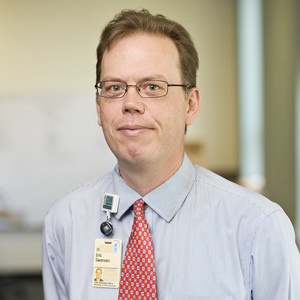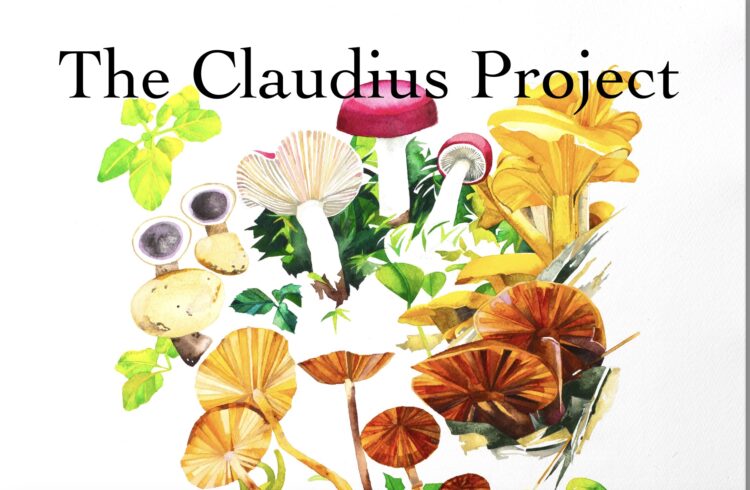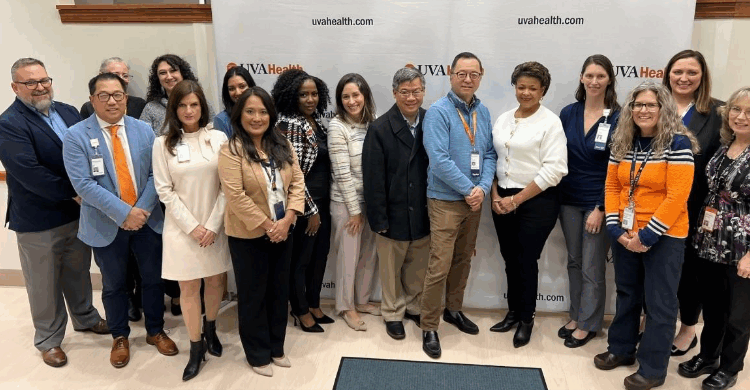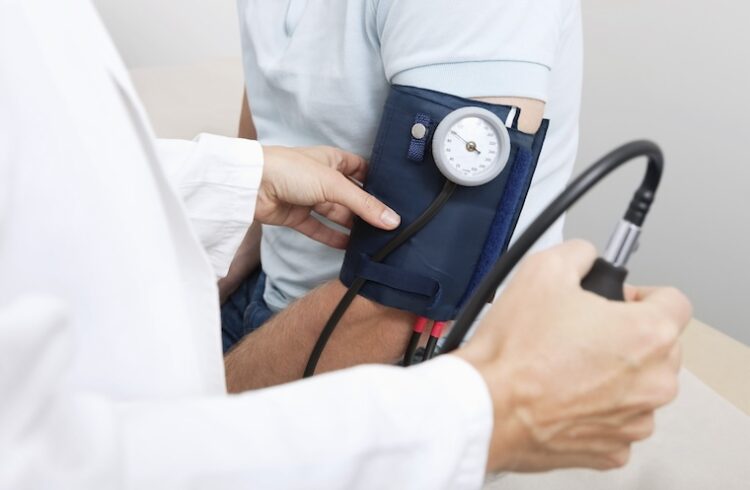

As UVA Health’s Blue Ridge Poison Center commemorates National Poison Prevention Week, the center’s experts are highlighting which sources of poisoning are the source of more calls to the poison center in recent years.
They include:
- Cannabis edibles. Young children are attracted to these edibles because they look just like familiar treats. Many adults report problems with cannabis edibles, too. Products can be potent and dosing is tricky. These are unregulated products that may be contaminated with harmful substances not depicted on the labels.
- Liquid nicotine. This is the liquid inside an e-cigarette or vaping device, and is also called “vape juice” or “e-liquid.” The product is dangerous to swallow and can even be absorbed if spilled on the skin. As little as one teaspoon could be harmful.
- Cleaning products. Read labels carefully – some products are safe to use on household surfaces but can cause injury if they contact the skin. Drinking cleaning products is dangerous and does not prevent infection from germs such as COVID-19. Mixing cleaning products together could create a toxic gas.
- Counterfeit medications (“fake pills”). Counterfeit pills are made by drug traffickers and sold illegally. Many are found to contain dangerous substances such as rat poison or fentanyl. Only purchase medications from a licensed pharmacy or healthcare provider and never take someone else’s prescription medicine.
Other Common Causes of Poisonings
Young children can be harmed by numerous household items, such as cleaning products, medicines, herbals and pesticides. These items should always be kept up and away out of the sight and reach of children. House guests, such as grandparents, should store their medicines in a safe place. Child-resistant containers should be used and the safety caps tightly closed every time.
Teens and adults can be poisoned, too. Common teen and adult poisonings include errors in taking medicines, alcohol overdoses, complications arising from substance use/misuse, and the inappropriate handling of potentially harmful chemicals.
Keep the toll free number to the Blue Ridge Poison Center near every phone, and store the number in your smartphone: 800.222.1222. If you suspect someone may have swallowed, touched, or breathed something harmful, or overdosed on any substance, experts at the center will tell you exactly what to do. Open 24 hours a day, every single day. This service is free and confidential.
For more information about National Poisoning Prevention Week, visit www.brpc.virginia.edu to access a toolkit with links to handouts, videos and shareable social media posts.



